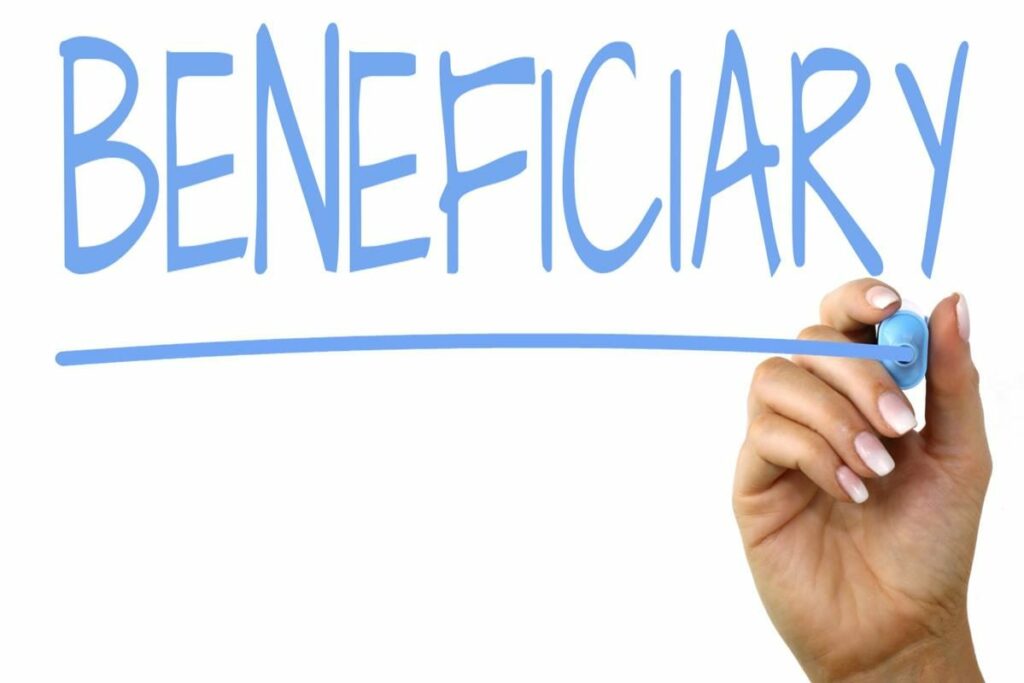I was unfortunately reminded of this maxim recently. Make sure you check your account and asset beneficiaries with every life event, and at least once every year! You may say you don’t what happens after you die, but you really should want your money that you worked so hard to make or save or your life insurance proceeds that you paid for all of these years to go to the person that you intend for it to go to. It would be a shame if your wishes don’t happen.

Life Event
Marriage, divorce, birth, and death are the most frequent life events. Things like beneficiary statements tend to fall through the cracks with a divorce because you are probably in a mindset to move forward and not to look back and deal with stuff during a bad part of your life. However, you could be talking lots of money, and if assets are not divided up by family court, and even if they are, it is very important to make sure you change your beneficiary statements after you divorce. Then, if you remarry, you will need to change them again if you want your new spouse to inherit your wealth. Have you had children or even grandchildren during the past year that you want to include in your estate? Make sure their names are included as alternate or sub-beneficiaries if you can do so.
Family Trust
Although it is not a “life event”, the formation of a family trust is of similar magnitude. Make sure your beneficiary statements reflect your new family trust, at least as the alternate beneficiary, since some accounts require the spouse to be the primary beneficiary. It may be worth it to obtain the spousal consent required and to make the family trust the primary beneficiary, especially if you and your spouse are the trustees of the family trust. Why do this? Because assets in a family trust will avoid probate, whereas assets not in a family trust may not avoid probate.
Beneficiary Statement Takes Precedence
You may say, “I have a Will that says my spouse inherits everything. Why should I change my beneficiary statements?” The answer to that is that beneficiary statements take precedence over a will for specific accounts. If you have life insurance, the insurer will pay the benefits directly to the named beneficiary, regardless of what the will says. A dirty little secret is that a will isn’t worth much if your accounts have named beneficiaries, which they likely do, and if you have a family trust. A will is more useful if you have or own assets in your own name free and clear and wish them to pass to a specific person, and even then they may need to go through probate.
How
How do you change a beneficiary? Simple. Go online to the home page of the bank, brokerage, insurance company, etc. where your account is. Likely there is a “Forms” tab. Find the Change of Beneficiary form, fill it out (make sure to include the account number), sign it, and send it in. While you are on the site, you can log into your account and hopefully it will tell you who the current beneficiary is.
IMO
I can speak from personal experience that these beneficiary designations fall through the cracks and need to be proactively updated more often than you probably do. If you don’t keep them updated and then you tragically pass away, it could leave a real mess for your loved ones to deal with at a time when they likely aren’t emotionally equipped to do so. Save them all a big headache and make sure your beneficiaries are correct and current while you are still alive.

8196981514